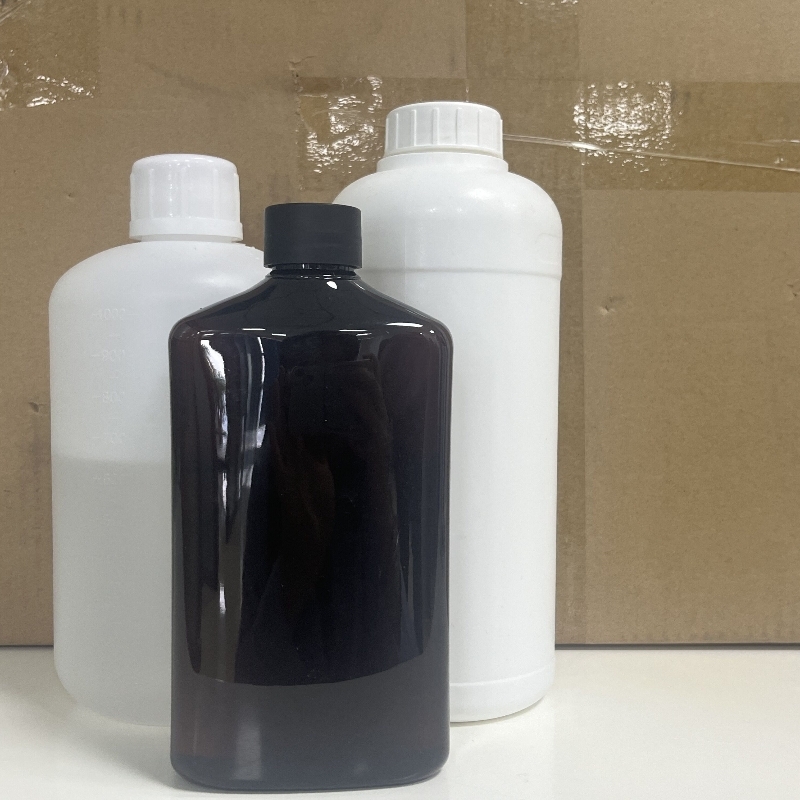FDA advisory panel supports approval of inhaled diabetes drug afrezza
-
Last Update: 2014-04-03
-
Source: Internet
-
Author: User
Search more information of high quality chemicals, good prices and reliable suppliers, visit
www.echemi.com
Source: Ding Xiangyuan April 1, 2014, FDA advisory group recommended approval of afrezza, a inhaled diabetes drug from mannkind company, saying that the drug may help patients, especially those who are afraid of insulin injection needles The FDA advisory panel said that while afrezza did not show benefits for adults with type 1 diabetes, it was significantly safe and effective for the more common type 2 diabetes In summary, the advisory panel voted 13-1 to recommend approval of the drug for patients with type 1 diabetes and unanimously voted for its use in patients with type 2 diabetes, adding that a longer-term study of the drug is still needed to monitor possible side effects According to the American Diabetes Association, more than 25 million children and adults in the United States have diabetes Diabetes is a chronic disease that affects the need for insulin in digestion and blood sugar levels Only 5% of them (mostly children and young people) are type 1 diabetics, and their bodies can't produce insulin The remaining patients are type 2 diabetes, which is caused by the body's slow cessation of response to insulin, as well as by overeating, lack of exercise and other factors If left unchecked, diabetes complications can occur, including blindness, kidney failure and other problems The recommendation of the Advisory Group paved the way for the approval of the whistle sized device at the end of the month FDA is expected to make its approval decision by April 15, although FDA may not have to follow the Advisory Panel's recommendations "There is an important need for new treatment options," said Robert Smith, chairman of the Advisory Group, an endocrinologist and professor of pharmacy at Brown University, adding that the drug is not suitable for all patients In summary, the team's external consultants agree with the company's argument that the new inhaler provides an important alternative for many people with diabetes who currently use painful and cumbersome injections Panel experts say the drug may be particularly helpful for people with type 2 diabetes, many of whom are elderly, who may have difficulty injecting themselves due to vision or hand arthritis problems The device may also help patients who are panicking about needles The panel expressed some concerns about the trial data, which showed that the drug was not as effective as traditional insulin in patients with type 1 diabetes (juvenile diabetes) But they say having a more portable insulin option may help some younger patients manage their disease In a statement after the panel vote, Mann kind welcomed the consultant's support It's the third time the company has sought FDA approval for the drug, which it plans to sell as a quick acting insulin treatment for the meal Valencia, a Californian based drug maker, told the panel that its inhalers deliver more effective and quick acting insulin than Lilly's and Novo Nordisk's injection products If approved, afrezza will become the first inhaled insulin treatment drug in the United States since 2006, when the FDA approved Pfizer's Exubera, a large-scale inhaler, which was discontinued due to poor sales Later, data showed that Exubera may be associated with lung cancer, but it was not confirmed Panel experts said they took note of the history of Exubera as FDA reviewers pointed out that four lung cancer cases were found in patients during the latest trial of mannkind Consultants said there was insufficient data on potential cancer risks and called for a longer period of study if the drug was approved by the FDA "I don't think we have enough information to believe that it's not a problem, so the problem still exists." Team member EVA Szabo said he is director of cancer prevention research at the National Cancer Institute of the National Institutes of health Original link: http://
This article is an English version of an article which is originally in the Chinese language on echemi.com and is provided for information purposes only.
This website makes no representation or warranty of any kind, either expressed or implied, as to the accuracy, completeness ownership or reliability of
the article or any translations thereof. If you have any concerns or complaints relating to the article, please send an email, providing a detailed
description of the concern or complaint, to
service@echemi.com. A staff member will contact you within 5 working days. Once verified, infringing content
will be removed immediately.







